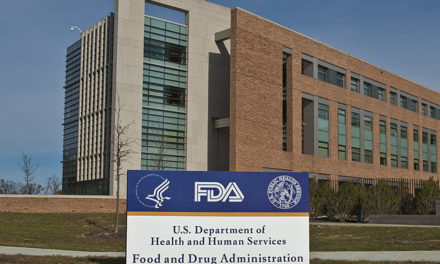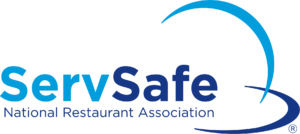Part 1
Recent incidents have shed light on scam tactics that target unsuspecting businesses, leaving them vulnerable to significant financial losses and reputational damage. A little over a year ago, more than 15,000 Washington business owners were defrauded in a labor poster scam.
Lately, small business owners are feeling the impact.
A Washington Hospitality member experienced a chargeback scam at two of their Seattle restaurants this spring. In this case, individuals used a foreign credit card with a malfunctioning chip to purchase expensive alcohol, making payment through the card’s magnetic swipe. The restaurant then bore the responsibility for the chargeback and financial loss.
In another instance, a Chick-fil-A owner reported that an employee received a phone call in the evening instructing them to withdraw all the money from the safe and deposit it into a Wells Fargo account via ATM. The call seemed legitimate as it came from the customer service information line specifically for Chik-Fil-A.
Energy provider Avista has seen a prevalence of a recurring scam. Fraudsters pose as representatives of Avista and claim that a business’s bill is overdue. In response to this growing issue, Avista has established numerous resources and countermeasures to combat such fraudulent activities.
These stories are not unique. One scam may be reported but others emerge in its place. Fraud through bookings, coupons, various phone scams, reviews and data breaches all put a business at risk.
Managing a business is challenging enough as it is, and the hazards associated with scams and the potential for deception can add an overwhelming burden to business owners.
In part two, learn the different ways you can protect your business.














